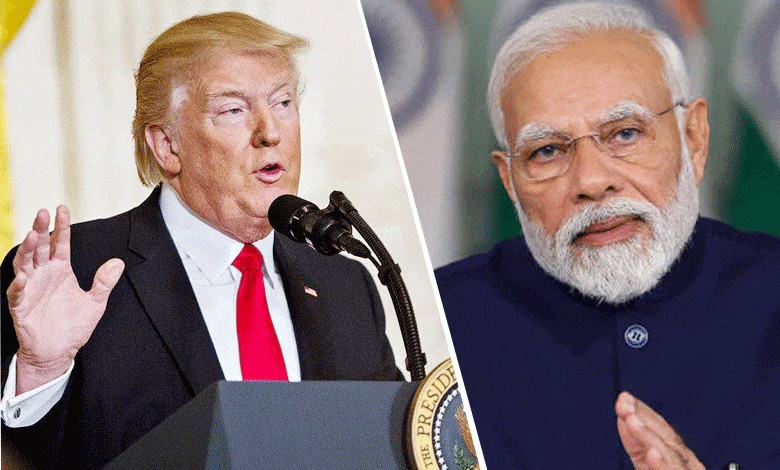India Faces Criticism from US for Delays in Deportation Process
ICE claims that India has been slow in issuing travel documents or granting necessary permissions for the deportation of its nationals. This hinders the timely repatriation of individuals.

Washington: The U.S. Immigration and Customs Enforcement (ICE) has classified India as a “non-cooperative country” in its efforts to deport undocumented immigrants. According to ICE, Indian authorities have been causing delays in facilitating the return of Indian nationals residing illegally in the United States.
The list of “non-cooperative countries” includes India, China, Pakistan, and 15 other nations that are reportedly not assisting U.S. authorities in the deportation process. ICE frequently updates this list to highlight countries that create administrative or logistical challenges in accepting their citizens who are being deported.
Also Read: US Immigration Crackdown: 18,000 Indians on Deportation List
Key Details:
- Reason for Classification: ICE claims that India has been slow in issuing travel documents or granting necessary permissions for the deportation of its nationals. This hinders the timely repatriation of individuals.
- Impact on Diplomatic Relations: The designation as a “non-cooperative country” could strain India-U.S. relations, particularly in areas of immigration and law enforcement collaboration.
- Comparison with Other Countries: Apart from India, major nations like China and Pakistan have also been listed for similar reasons, along with several other countries that ICE deems uncooperative.
- Legal Implications: Individuals from these countries may face longer detention times in the U.S. while awaiting deportation, as the administrative process to send them back becomes more complicated.
Broader Context:
The U.S. has been intensifying its immigration enforcement efforts, with a focus on repatriating undocumented immigrants. Countries listed as non-cooperative risk diplomatic pushback and potential penalties, including limitations on visas or other forms of bilateral cooperation.
This development highlights the challenges faced by both the U.S. and listed countries in balancing immigration enforcement with international diplomacy.
